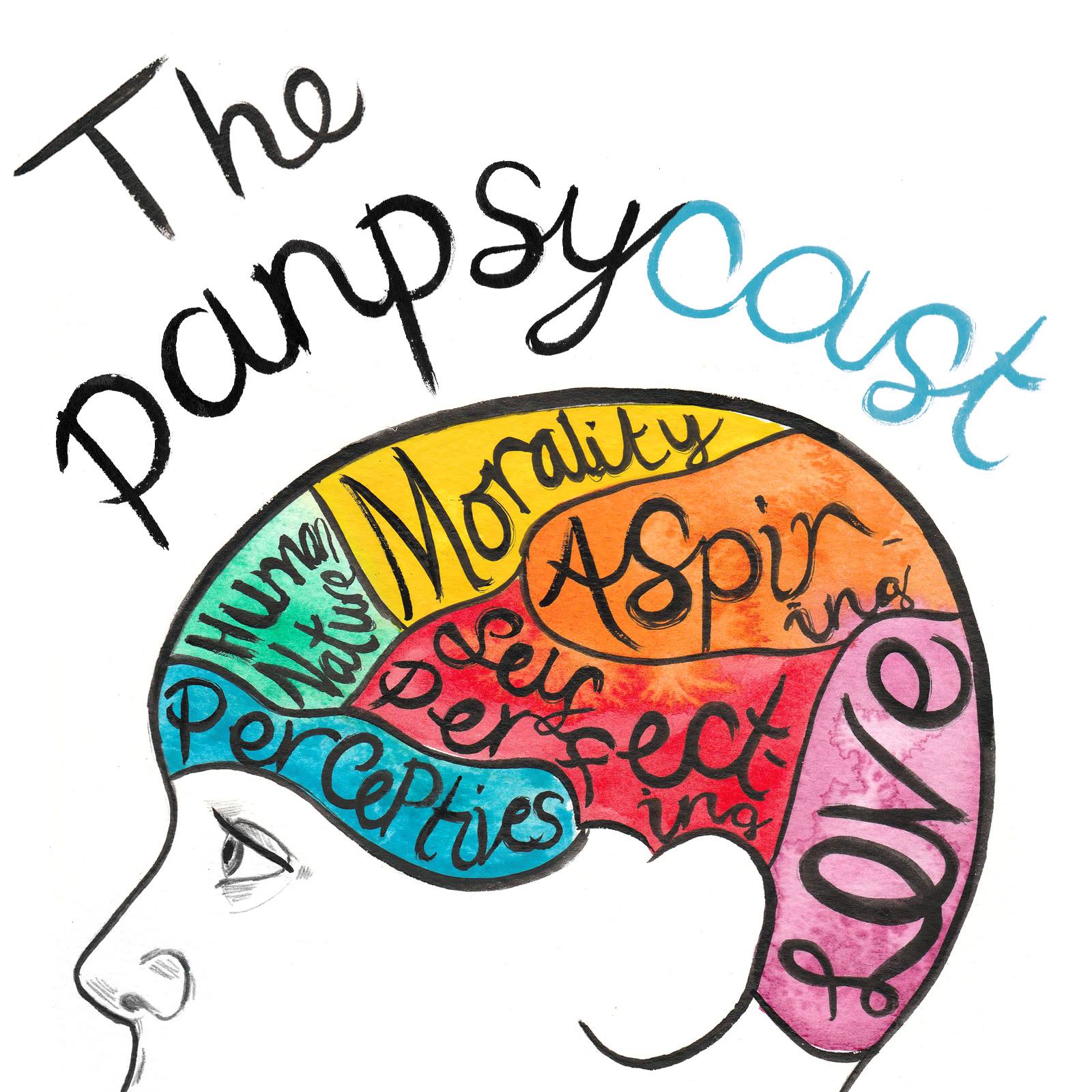Language Warning
This episode contains strong language.
If you are below the age of 15, please do not proceed past this point.
Welcome to Episode 40, where we'll be speaking to Rebecca Roache about offensive language.
Rebecca Roache is a Senior Lecturer in Philosophy at Royal Holloway, University of London. Dr Roache specialises in practical ethics, logic, philosophy of mind, philosophy of psychiatry and early modern philosophy, but in this episode, we’ll be speaking to Rebecca specifically about the philosophy of language and swearing.
In the words of Rebecca Roache:
"With a little imagination, we can find limitless and powerful ways to offend people if that’s what we want to do. We don’t need to give a f*ck about whether our favourite swear words are declining in their capacity to shock." (Ethics Centre, 2015 - click for full article)
This interview is produced ‘in association with The Institute of Art and Ideas and the Philosophy for Our Times podcast’. A very special thank you to everybody at the Institute of Art and Ideas for making this interview possible.
The file size is large, please be patient whilst the podcast buffers/downloads/uses offensive language
*We apologise for the audio quality of this episode. We recorded the interview at How the Light Gets In Festival, and although the rain had stopped for us momentarily, you’ll be able to hear festival-goers celebrating the outbreak of sunshine in the background. We’ll be back in the studio after this episode. Thank you, we hope you enjoy the show!
Part I. Offensive Language.
Part II. Further Analysis and Discussion.





